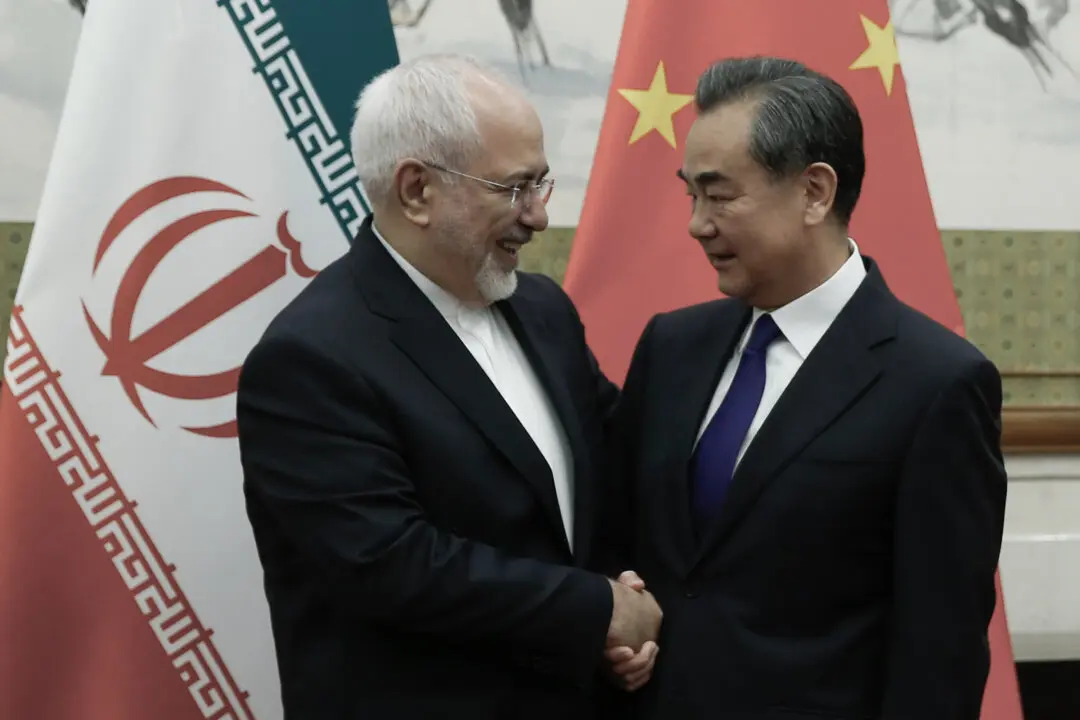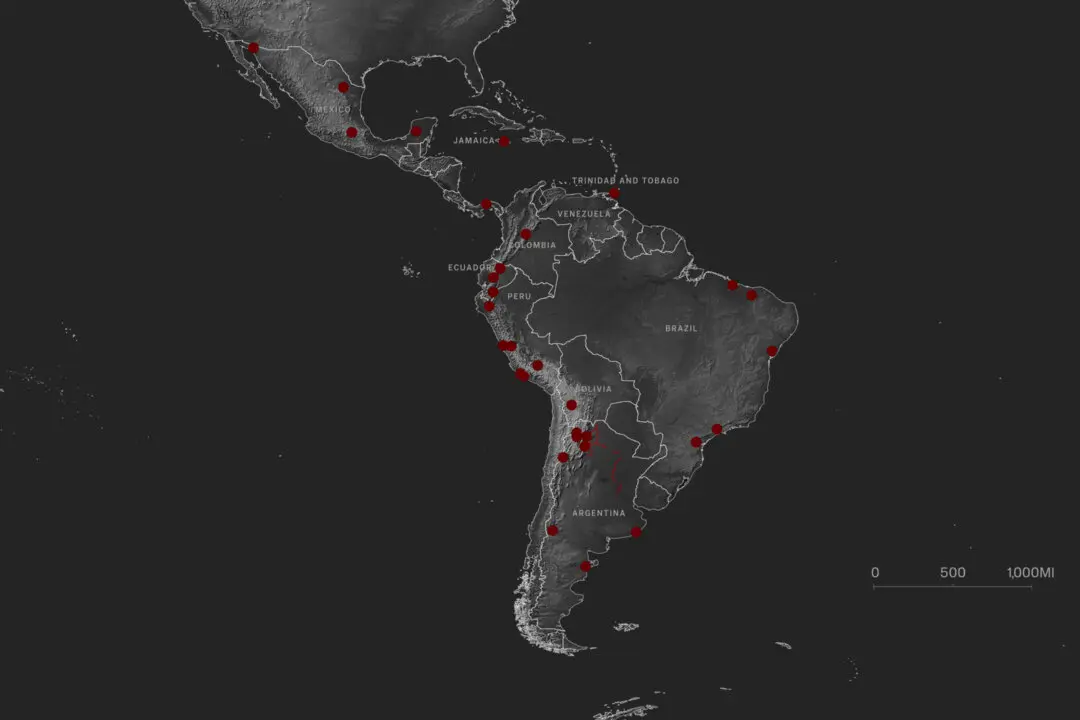LinkedIn has censored some critics of the regime in Beijing—including some staff members of The Epoch Times—by blocking their accessibility in China in connection with the anniversary of the Tiananmen Square massacre.
On the morning of June 3, a number of people within The Epoch Times network, including some staff members based in the United States, Sweden, and Turkey, received notifications alerting them to the decision.





